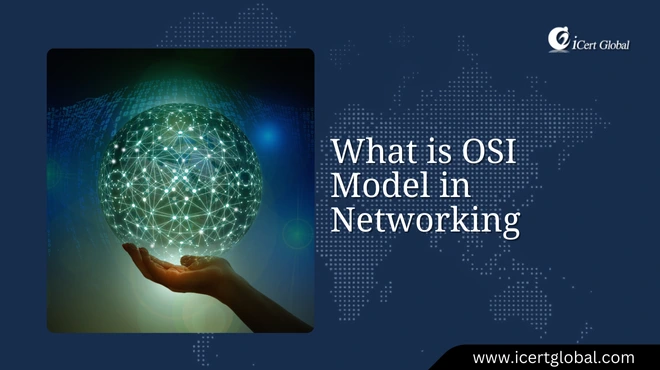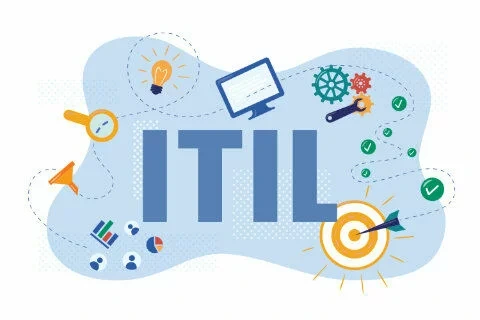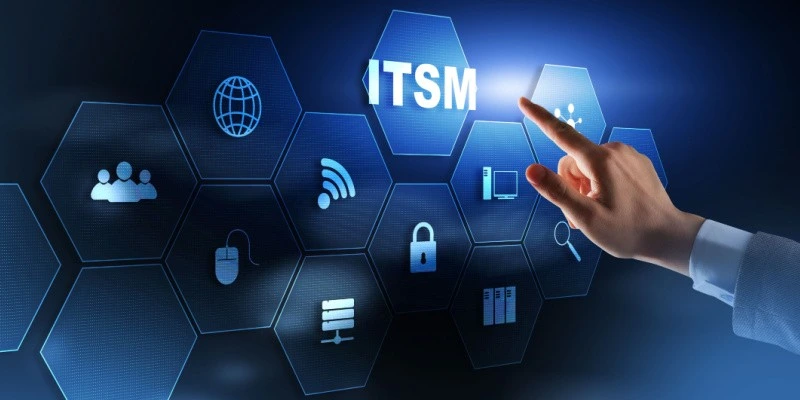Key concepts of the Service Lifecycle:
Managing Services and Service Management
The Service Lifecycle
Service value across the different stages of the service lifecycle
Other key concepts.
Communication and Stakeholder Management:
Co-ordination of business relationship management across the service lifecycle, and the role of business relationship management in communication
Stakeholder management and communication
The value of good communication and ensuring its flow across the service lifecycle.
Integrating Service Management Processes across the Service Lifecycle:
The integration of service management processes through the service lifecycle
The impact of service strategy on other service lifecycle stages
The value of a service lifecycle perspective when designing service solutions
The inputs and outputs of processes and stages in the service lifecycle
The value to business and the interfaces of all processes in the ITIL service lifecycle.
Managing Services Across the Service Lifecycle:
Identification and assessment of customer and stakeholder needs and requirements across all service lifecycle stages, and ensuring appropriate priority is given to them
How the service design package provides a link between service design, service transition and service operation
Managing cross-lifecycle processes to ensure appropriate impact and involvement at all required service lifecycle stages
Implementing and improving services, using key sources of information for identifying the need for improvement
The challenges, critical success factors and risks of the service lifecycle stages, and potential conflicts and competing issues across the service lifecycle.
Governance and Organization
Governance
Organizational structure, skills and competence
Service provider types and service strategies.
Measurement
Measuring and demonstrating business value
Determining and using metrics
Design and development of measurement frameworks and methods
Monitoring and control systems
Use of event management tools to increase visibility of the infrastructure and IT service delivery.
Implementing and improving Service Management Capability
Implementing service management
Assessing service management
Improving service management
Key considerations for the implementation and improvement of both the service management
Practice and the services themselves
Key considerations when planning and implementing service management technologies.





























.webp)


